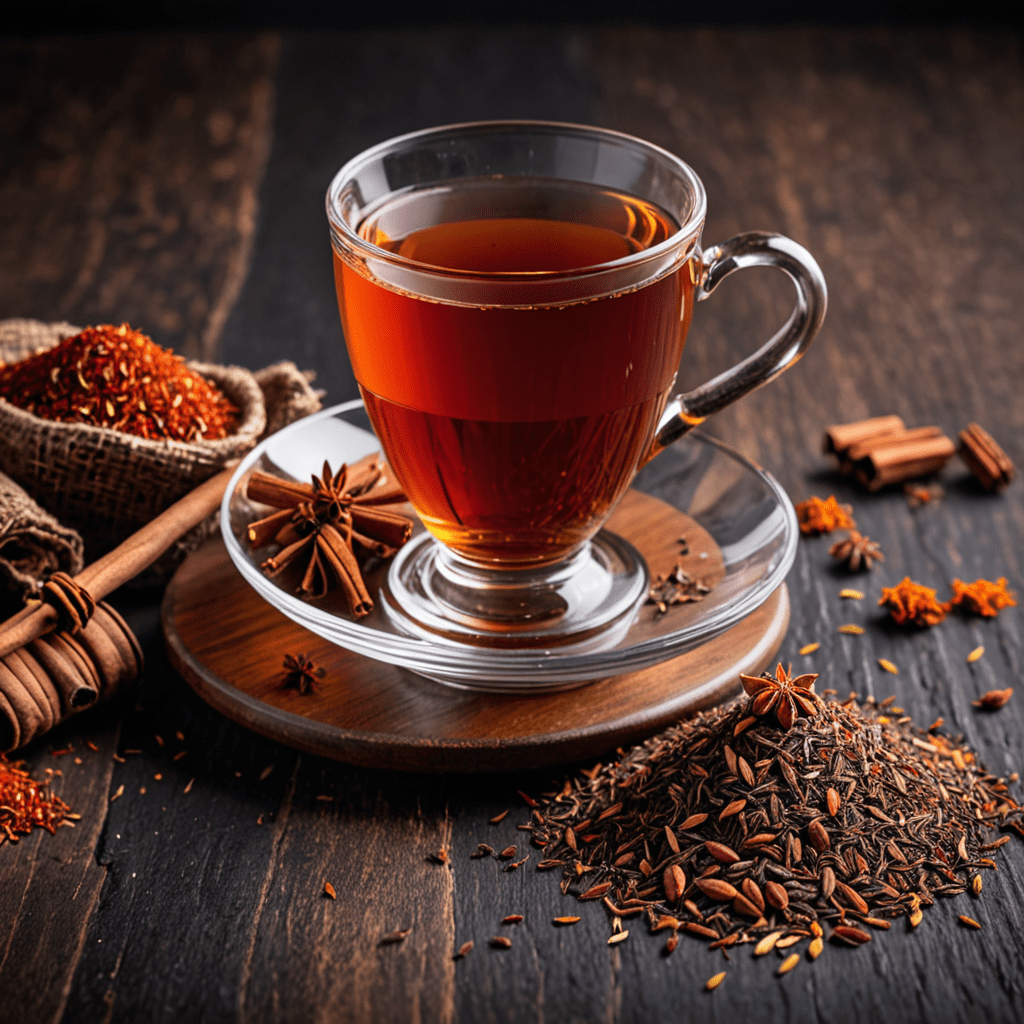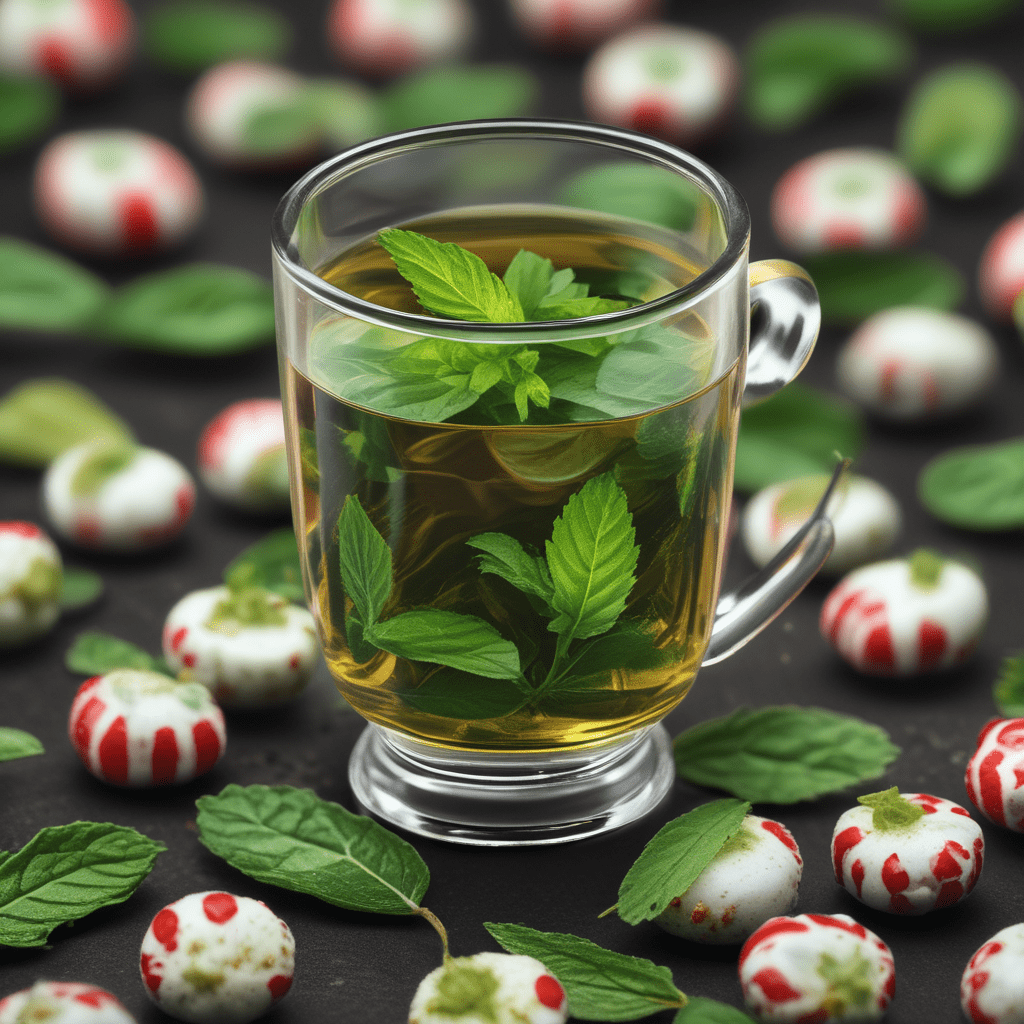
Uncover the Truth: Does Green Tea Trigger Histamine Reactions?
Green tea has long been hailed for its numerous health benefits, ranging from improved brain function to lower risk of cancer. However, for individuals sensitive to histamine, a natural compound in the body involved in immune response, the question arises: Is green tea high in histamine? Let’s delve into the science behind green tea and its potential effects on histamine levels.
Understanding Histamine and Its Implications
Before exploring the relationship between green tea and histamine, it’s essential to grasp the role of histamine in the body. Histamine is a compound involved in various physiological functions, including immune response, digestion, and nerve transmission. While it plays a crucial role in defending the body against pathogens, an excessive release of histamine can lead to allergic reactions and other inflammatory responses.
The Histamine Content of Green Tea
Studies have shown that the histamine content in green tea is relatively low compared to other foods and beverages. Green tea is not a known histamine liberator, meaning it typically does not prompt the release of histamine in the body. Furthermore, the fermentation process used in the production of certain teas, such as black tea, can lead to higher histamine levels. In contrast, green tea undergoes minimal oxidation, preserving its inherent properties, including its relatively low histamine content.
Benefits of Green Tea for Histamine Sensitivity
Green tea possesses antioxidant and anti-inflammatory properties, which may have a modulating effect on histamine levels. The polyphenols found in green tea, especially epigallocatechin gallate (EGCG), have been studied for their potential to mitigate allergic reactions and inflammation. While research on this subject is ongoing, some evidence suggests that green tea may offer benefits for individuals with histamine sensitivity.
Practical Considerations and Recommendations
For individuals with histamine sensitivity, it’s important to consider the overall dietary and lifestyle factors that contribute to histamine levels in the body. While green tea is generally considered low in histamine, individual reactions can vary. If you suspect histamine intolerance, it’s advisable to consult a healthcare professional to develop an appropriate dietary plan. Additionally, opting for high-quality, fresh green tea and moderating consumption can help minimize potential histamine-related issues.
Conclusion: Balancing the Benefits of Green Tea
While green tea is revered for its myriad health-promoting properties, its impact on histamine levels appears to be relatively low. The potential benefits of green tea, such as its antioxidant and anti-inflammatory effects, may even offer support for individuals with histamine sensitivity. By making informed choices and being mindful of individual tolerance, green tea can be enjoyed as part of a balanced diet. For those experiencing histamine-related concerns, consulting a healthcare professional is instrumental in managing dietary considerations effectively.
FAQ
Q: Does green tea cause histamine release in the body?
A: Green tea is not known to prompt significant histamine release in the body, as its histamine content is relatively low compared to other foods and beverages.
Q: Can green tea benefit individuals with histamine sensitivity?
A: Green tea’s antioxidant and anti-inflammatory properties, particularly the presence of polyphenols like EGCG, may offer potential benefits for individuals with histamine sensitivity, although individual responses may vary.
Q: What are the practical considerations for consuming green tea with histamine sensitivity?
A: Choosing high-quality, fresh green tea and moderating consumption can help minimize potential histamine-related issues. It’s advisable to consult a healthcare professional if histamine intolerance is suspected to develop an appropriate dietary plan.
By addressing these commonly asked questions, individuals seeking clarity on the relationship between green tea and histamine can make informed decisions about their dietary choices.


